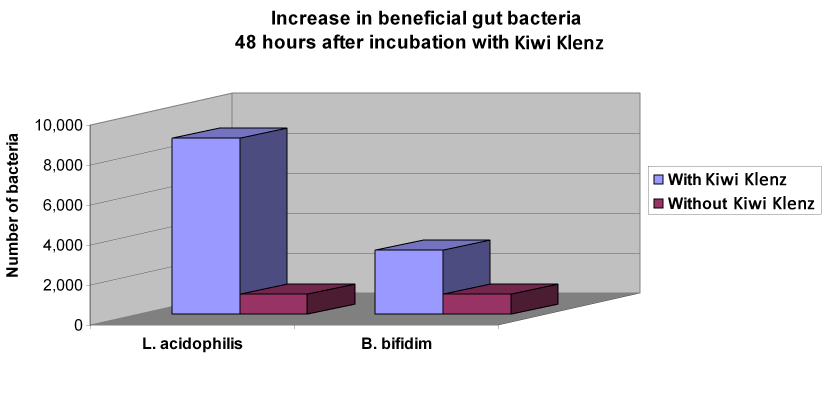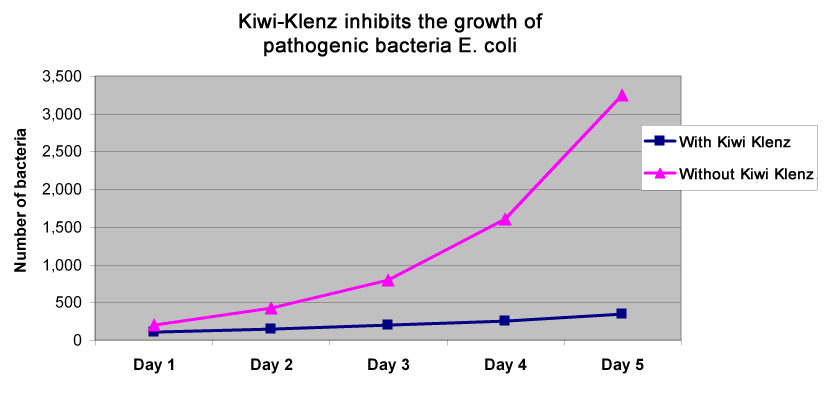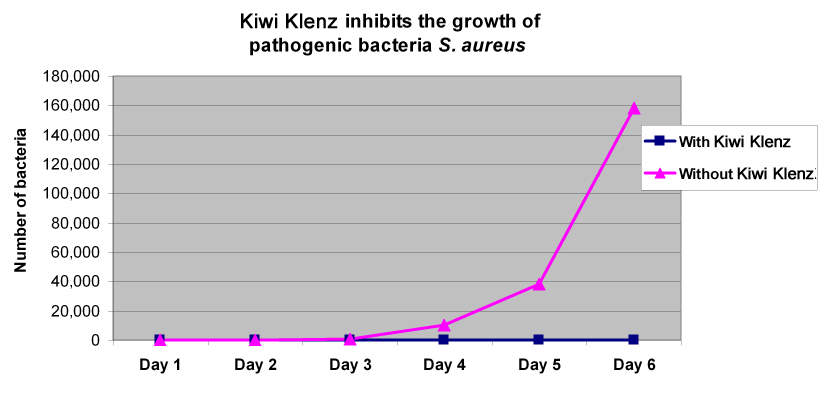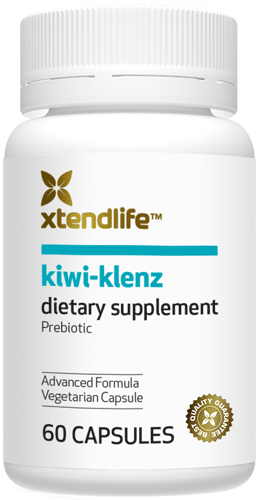If you’ve discovered the benefits of prebiotics, it’s likely that you’ll know that many different foods have prebiotic effects. So which prebiotic supplements should you choose?
These days, prebiotics are becoming more and more well known as a means of improving gut health, and the buzz is expected to grow in future years. The prebiotics vs probiotics debate has shown that prebiotics have a favorable edge over probiotics, as they help feed the good bacteria that exists in the digestive tract, rather than trying to add more bacteria to what’s already there.
As prebiotics are a form of indigestible food starch, they don’t have the same storage problems as probiotics. This means they can be included in a wide range of foods and supplements. If you look around on the market, you’ll find them in everything from cereal to flavored water.
Yet, an important question must be asked.
Are All Prebiotics Equal?
According to emerging scientific research, the answer is no. Depending on the source of prebiotic, different bacterial groups are stimulated or suppressed.
Initially, scientists thought that oligosaccharides were the main prebiotics. The two most widely studied types of oligosaccharides are inulin and oligofructose (a sub group of inulin). They’re made up of chains of glucose and fructose (fruit sugar). Indeed, this 2002 study found both inulin and oligofructose to be particularly effective prebiotics. This lead to inulin being considered as the “gold standard” of prebiotics.
Where does inulin come from? Most commercial inulin is extracted from chicory root. You’ll find that it’s widely available for sale as a prebiotic supplement.
Galactooligosaccharides (short chains of galactose molecules, which are a type of sugar that’s less sweet than glucose) are another widely studied prebiotic. They’re naturally found in soybeans and can be made from lactose (milk sugar). Galactooligosaccharides are also available as prebiotics supplements.
The Problem with Inulin
Unfortunately, inulin is not tolerated well by everybody. As indicated by this study, people who are sensitive to it will find that it will cause symptoms such as bloating, gas, and cramps. The issue seems to occur predominantly with those who have a lot of yeast (which may also use it for fuel) and bad bacteria in the colon.
Recent research has found that inulin encourages the growth of some bad bacteria, such as Klebsiella bacteria. This type of bacteria is commonly known to cause pneumonia, respiratory infections, urinary tract infections, surgical wound infections, and infection of the blood if it gets outside the gut.
Other Prebiotic Supplements
Interestingly, as research into prebiotics and what goes on in the colon has progressed, a whole new range of prebiotic compounds has emerged. One of them is pectin. It’s found predominantly in the peel of citrus fruits, the skins of apples, and the cell walls of plants.
This study, published in 2010, revealed that the pectin in kiwi fruits showed better prebiotic activity than inulin. It substantially increased the adhesion of “good bacteria” Lactobacillus to the intestinal wall, while at the same time reduced the adhesion of “bad bacteria” Salmonella typhimurium.
Laboratory data has demonstrated the effect that one kiwi fruit extract product, called Kiwi Klenz, has on good bacteria in the colon.

Added Digestive Health Benefits of Kiwi Fruit
If you are looking to improve your digestive health, we believe that a kiwi fruit prebiotic supplement is the best choice because of all the additional benefits of kiwi fruit for digestion, far beyond what any other prebiotic can offer.
Where balancing the bacteria in your gut is concerned, kiwi fruits have the added capability of inhibiting the growth of bad bacteria there. This is because they’re particularly rich in phenolic compounds (particularly flavonoids). Plant phenolics protect the plants from parasites, bacteria, and cell injury. Scientific research has demonstrated that they also have antimicrobial properties in the human body.
This is confirmed by laboratory results which have shown the impact of Kiwi Klenz kiwi fruit extract on a common type of “bad bacteria”, E. coli, which can run rampant in the intestine.

Kiwi Klenz is also effective at controlling S. aureus (staph infection), which often breaks out in hospitals and is resistant to traditional treatments.

What is Kiwi Klenz and Why You Should Try It
 As mentioned above, Kiwi Klenz is a kiwi fruit extract. It’s 100% natural, and comes in powdered form in capsules. What’s really remarkable about it is that unlike other kiwi fruit supplements, which consist of dried kiwi fruit pulp, it’s made using advanced technology that extracts the active components from both the pulp and the extremely nutritious skin.
As mentioned above, Kiwi Klenz is a kiwi fruit extract. It’s 100% natural, and comes in powdered form in capsules. What’s really remarkable about it is that unlike other kiwi fruit supplements, which consist of dried kiwi fruit pulp, it’s made using advanced technology that extracts the active components from both the pulp and the extremely nutritious skin.
Kiwi Klenz has been shown to be very effective at reducing symptoms associated with imbalances in the bacteria, such as gas and bloating. It’s also excellent for improving bowel movements and alleviating constipation (note that this study found that prebiotic inulin had no positive effect on constipation). This makes it a wonderful all round natural digestive.
Find out what customers have to say about Kiwi Klenz in these customer comments.



